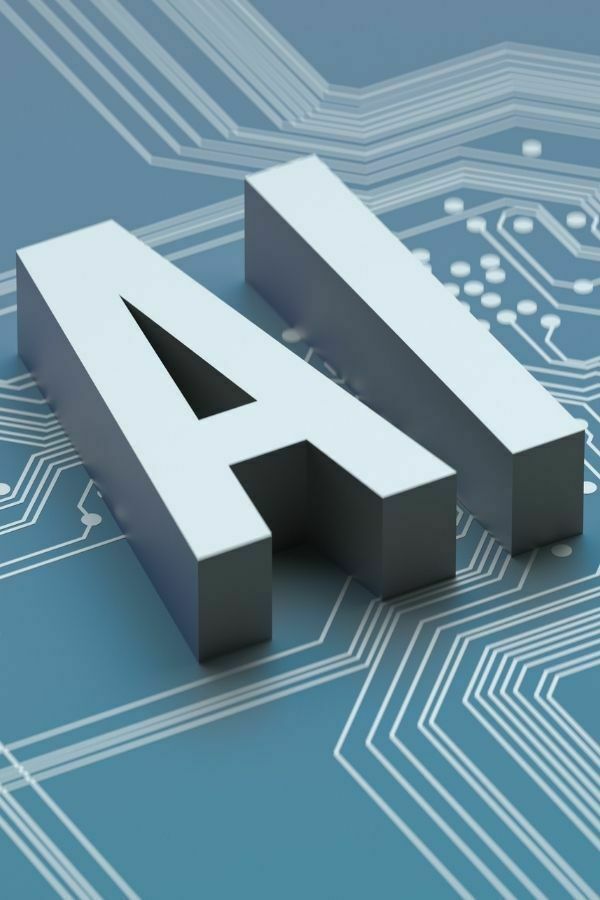AI and the Future of Labor
Appeared In: Dignity and Development
Publication Date: November 2, 2021
Excerpt From the Article:
A wave of new automation technologies, including artificial intelligence and robotics, have prompted concern about their substantial and potentially negative impact on jobs and workers in the near future. While technology can increase worker productivity and create jobs, it can also replace workers, especially when the technology explicitly aims to replace human jobs and tasks. News and popular media often portray a doomsday scenario where robots and artificial intelligence (AI) not only take over human jobs but also manage—or even control—human labor.
Anxiety about machines replacing humans is not new. With every new major technological breakthrough, from steam-powered machines in the nineteenth century to industrial robots and then computers in the twentieth, people have expressed fear that technology would take over their jobs. With each major technological innovation, however, economic growth continued and jobs were created. With the invention of automobiles, stagecoach drivers disappeared but expansive automotive, transportation, and logistics industries emerged, employing millions of people in the US alone.
If history serves as our guide, then, our concern that robots and AI will take over human jobs seems unfounded. Masters of their creations, humans can be expected to harness the new technologies, create new job opportunities and stimulate economic growth. It is therefore reasonable to assume that the same pattern will prevail with AI and advanced robotics.
Right?
Perhaps. But this time around could be different. There are two reasons to be cautious—one related to the technology itself and the other to underlying economic forces at play.
Lee, Yong Suk (2021, November 2). AI and the Future of Labor. Dignity and Development.
